Poetry Corner: The Strangest Creature on Earth by Nâzım Hikmet

The Strangest Creature on Earth by Nâzım Hikmet, 1947
The Turkish communist poet Nazim Hikmet was noted to distinguish lyric poems, dedicated to love, from epic poems, dedicated to the action of the popular masses. Here we feature The Strangest Creature on Earth.
Poetry Corner: Full Moon at Tierz – Before The Storming of Huesca by John Cornford
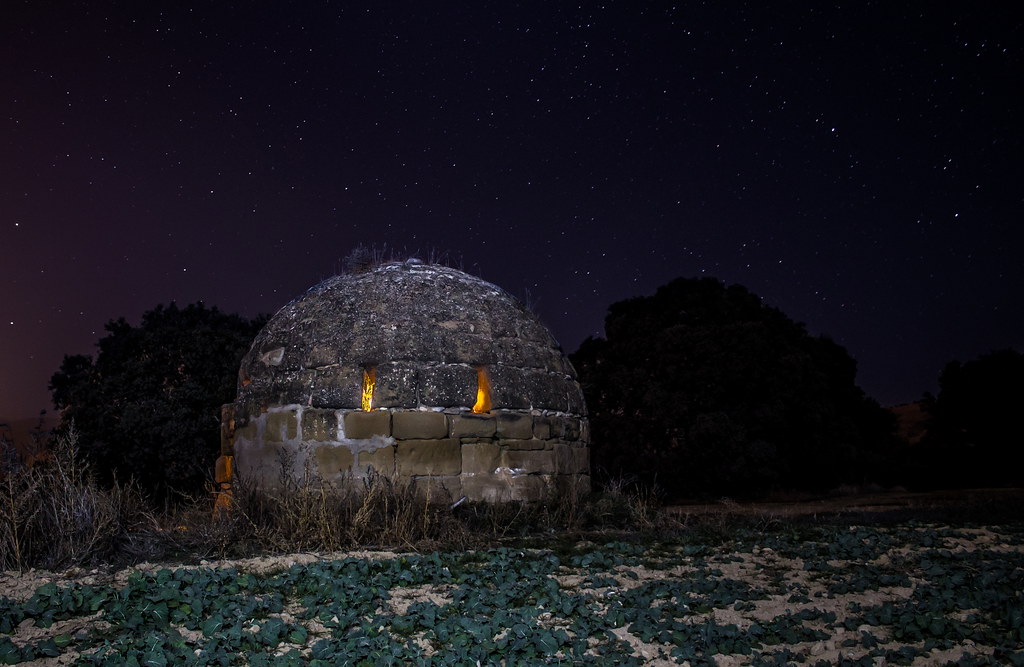
Full Moon at Tierz: Before The Storming of Huesca by John Cornford.
John Cornford from a relatively privileged families and attended Cambridge University. It was at Cambridge that he met and fell in love with Margot Heinemann and where they both joined the Communist Party. John’s mother, Frances Crofts Cornford, was a poet, and he himself was already writing poems at school.
After gaining a BA first-class honours in History, he became the first Englishman to enlist against Franco in the Spanish Civil War and was killed in battle on the Andujar and Cordoba Front on 27 or 28 December 1936.
Cornford wrote just a few poems in Spain, including A Letter from Aragon and the poem featured here Full Moon at Tierz: Before The Storming of Huesca.
Poetry Corner: Why I Choose Red by Hugh MacDiarmid
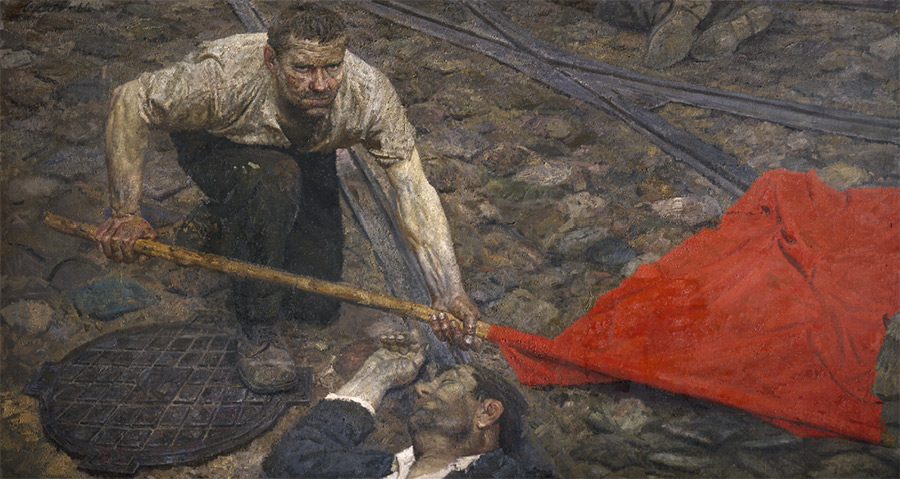
Why I Choose Red by Hugh MacDiarmid
Dr Christopher Murray Grieve, who wrote under the pen-name of Hugh Macdiarmid, was the greatest Scottish poet of the twentieth century. Best-known for what he called “Lallans”, a literary form of the Lowland Scots language that he developed, he also made use of English.
At different stages of his life he was a supporter of Scottish nationalism and communism. Famously, he stood for the Communist Party against Tory Prime Minister, Sir Alec Douglas-Home, in the Kinross & West Perthshire constituency in the 1964 general election, as part of an unsuccessful bid to get television time for the Party. His A Sprig of White Heather in the Future’s Lapel, written for former Communist MP Willie Gallacher on the occasion of the latter’s 80th birthday, is particularly famous among Britain’s Communists.
Here we feature Why I Choose Red, one of McDiarmid’s strongly political poems.
Poetry Corner: The Eyes of Sutjeska by Vasko Popa
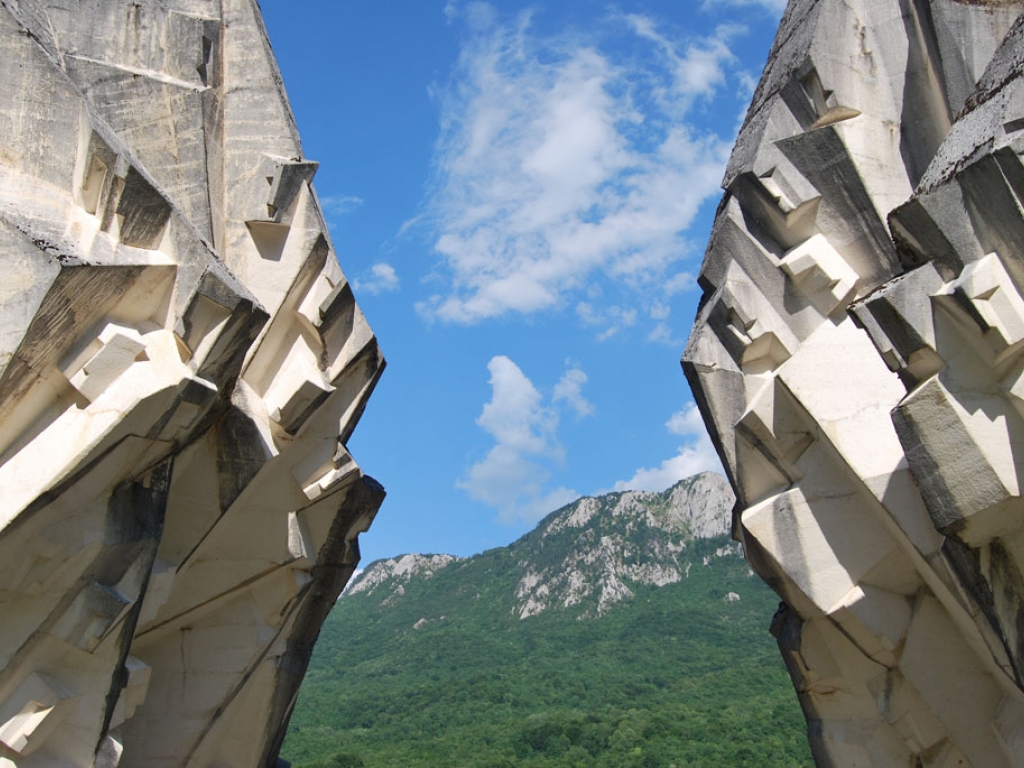
The Eyes of Sutyeska by Vasko Popa
Vasko Popa was a Serbian poet of Romanian descent. Born in modern day Romania, Popa spent his life between Serbia and Romania studying in both Belgrade and Bucharest. His poetic life was often concerned with Socialist Realism, an artistic form which focuses primarily on celebrating socialist life or uplifting the role of ordinary folk in contrast to romantic ideas of aloof heroes and divinely given gifts.
Poetry Corner: ‘Du Ydwyf, ond Prydferth’/‘Black am I, but Beautiful’ by TE Nicholas/’Niclas y Glais’
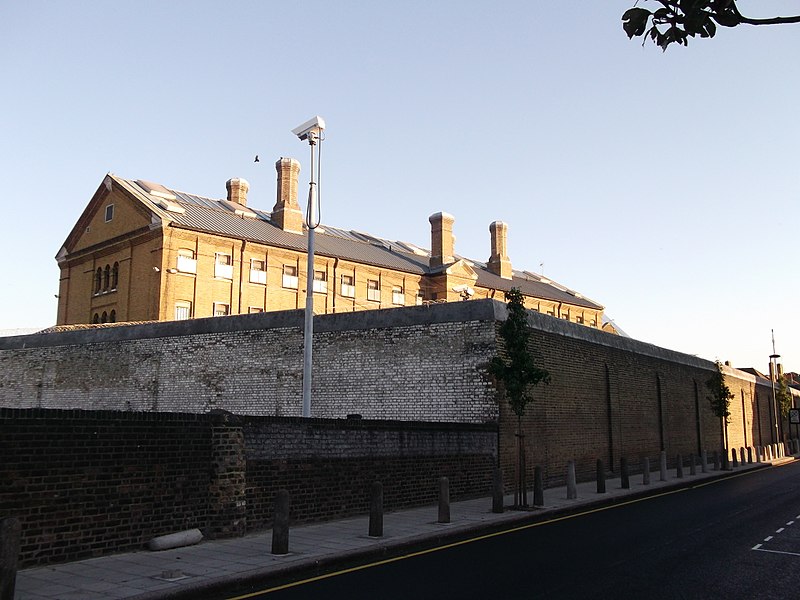
‘Du Ydwyf, ond Prydferth’ (Negro a fu’n cydweithio â ni am wythnos yn y carchar) ‘Niclas y Glais’ (1879-1971)
‘Black am I, but Beautiful’ (A Negro who worked with us in prison for a week) by TE Nicholas (1879-1971).
TE Nicholas ‘Niclas y Glais’, congregational minister, pacifist, champion of the disadvantaged, initially a member of the Independent Labour Party and then a founder member of the Communist Party, remaining in it till his death. Niclas was an internationalist who loved the Welsh language and the culture of the Welsh people. Writing almost entirely in Welsh, he won 17 eisteddfod chairs. In July 1940, during the Second World War, he and his son Islwyn were arrested on trumped-up charges of fascism during his 4-month imprisonment in Brixton, he wrote 150 sonnets, from which the following are selected. aWe present here the original Welsh and the English translation of his work side by side; the latter of course cannot capture the full expression of the former.
Poetry Corner: The United Fruit Company by Pablo Neruda
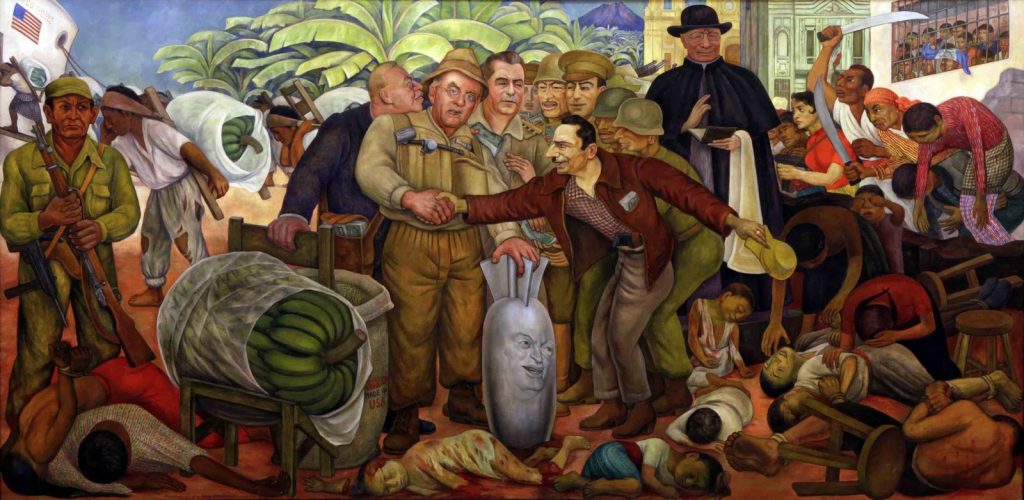
The United Fruit Company by Pablo Neruda , 1950.
Pablo Neruda was a prominent Chilean Communist, as well as a Nobel prize-winning poet in both literature and peace (slightly more deserving than the current warmongering president of the US). Neruda played key roles in two Chilean governments and experienced the outlawing of Communism in 1948 and later became a close adviser to the Socialist President Salvador Allende only to die in hospital of cancer at the time of Pinochet’s US-backed coup.
Poetry Corner: The Living Seed by Angela Tuckett
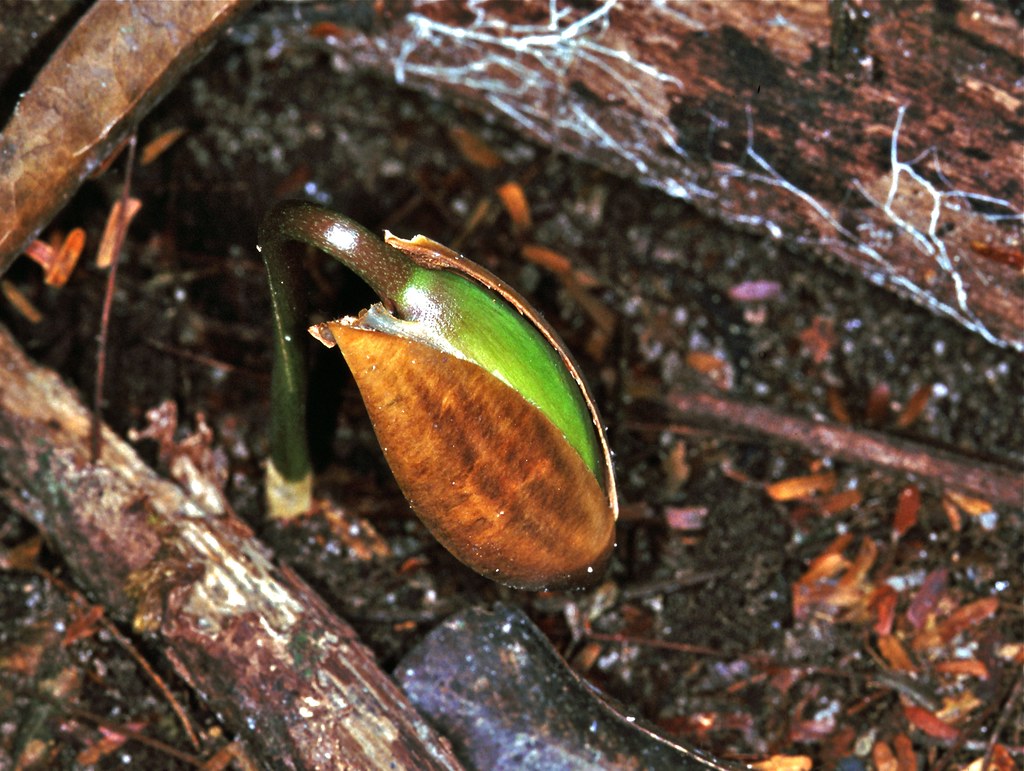
The Living Seed by Angela Tuckett
Born in Bristol, Angela Tuckett became involved in progressive politics from an early age. She supported the Welsh contingent to the 1931 Hunger March, the League of Progressive Writers and Bristol’s Unity Theatre. In 1940, as a solicitor, she took charge of the legal department of the National Council for Civil Liberties (now Liberty). She joined the staff of the Daily Worker in 1942, then worked on Labour Monthly from 1948 to 1978. She was a member of the editorial committee of the William Morris Society, and with her husband Ike Gradwell worked tirelessly to build up the Swindon branch of the Communist Party. This poem uses metaphor to illustrate what the struggle is all about.
Poetry Corner: A Man’s a Man for a’ That by Robert Burns
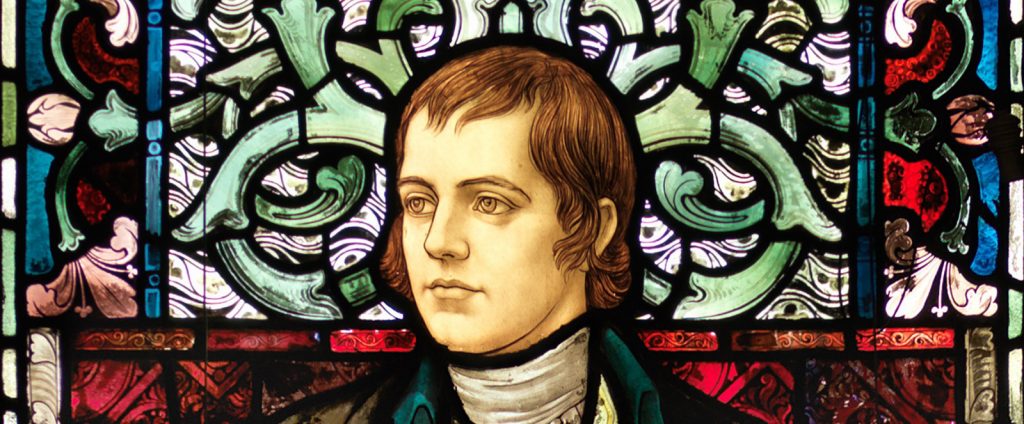
A Man’s a Man for a’ That by Robert Burns, 1795.
Robert (or Rabbie) burns was born in Alloway, Ayrshire, on 25 January 1759. Burns was born to tenant farming parents, initially had very little formal education and worked as a farm labourer from a young age.
Burns drew much from what little patchy education he did receive but continued to work a variety of manual jobs. Burns’s father was unfortunate in farming and the family moved often, compelled by poverty and hardship.
Birds in the poetry of Edward Thomas

Depending on your persuasion, Edward Thomas was either a prominent War Poet, or simply a poet who just so happened to serve and die in the First World War. It is often a controversial categorisation to make, as he wrote much of his work before being drafted and a good majority does not mention the […]


